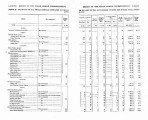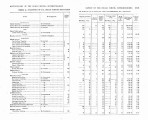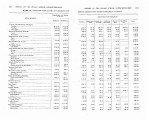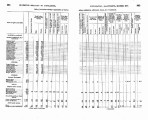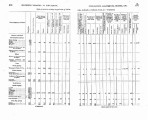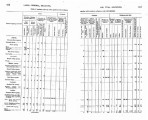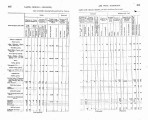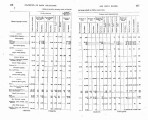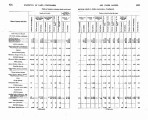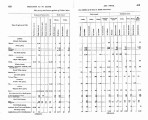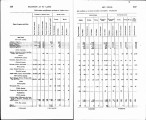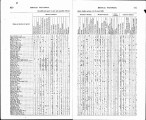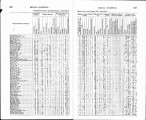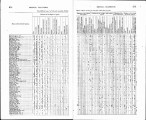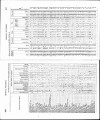| Title |
Annual Report of the Commissioner of Indian Affairs - 1886 |
| Subject |
Indian reservations; Federal government; Indians of North America; Indians of North America--Education; Land use; Allotment of land; White people--Relations with Indians; Crime; Religion; Agriculture; Livestock; Treaties; Education; Work; Employment (Economic theory); Indigenous peoples--North America |
| Keywords |
Annual Report; Indian Agency; Reservations; Land Rights; Allotment; Fishing Rights; Indian; White Relations; Superintendency; Native Americans |
| Publisher |
Digitized by J. Willard Marriott Library, University of Utah |
| Tribe |
Ute |
| Language |
eng |
| Description |
Excerpts concerning Utah from the Annual Report of the Commissioner of Indian Affairs - Courtesy of the University of Wisconsin Digital Collections. The Commissioner of Indian Affairs submits a report regarding the "Peace Policy" and its effectiveness, irrigation projects and land cultivation, allotment distribution, tribal government, criminal court cases, and employment in Indian agencies. The report is accompanied by a letter from the Indian school superintendent and tables outlining demographic data, livestock raising, crop production, religious affiliation, crime, allotment distribution, etc. Uintah Ouray Agent William A. McKewen describes the condition of buildings and other property on the reservation, a perceived lack of "civilization", threatened outbreaks of violence at Fort Duchesne, and the outcome of agricultural pursuits |
| Type |
Text |
| Coverage |
Fort Duchesne (Utah); Uintah and Ouray Indian Reservation (Utah); Utah; Washington (D.C.) |
| Format |
application/pdf |
| Rights |
Digital Image © 2011 America West Center. All Rights Reserved |
| ARK |
ark:/87278/s61c4sjt |
| Creator |
Atkins, John D. C. (John Dewitt Clinton), 1825-1908 |
| Date |
1886 |
| Spatial Coverage |
Fort Duchesne (Utah); Uintah and Ouray Indian Reservation (Utah); Utah; Washington (D.C.) |
| Setname |
uaida_main |
| ID |
370620 |
| Reference URL |
https://collections.lib.utah.edu/ark:/87278/s61c4sjt |


































































